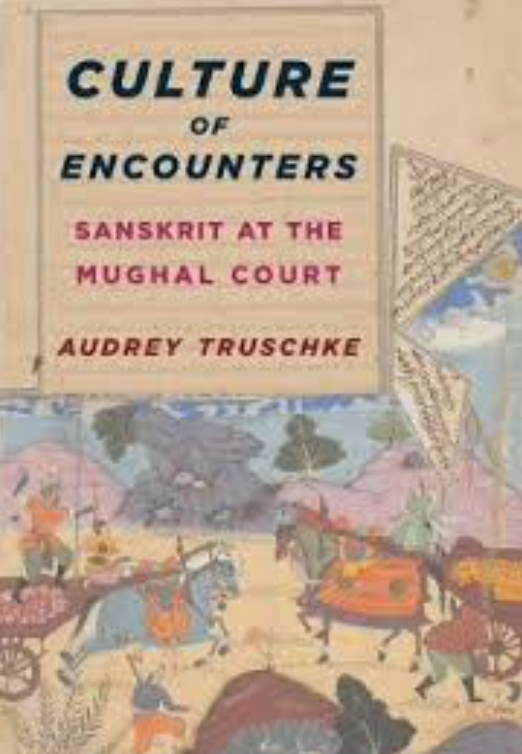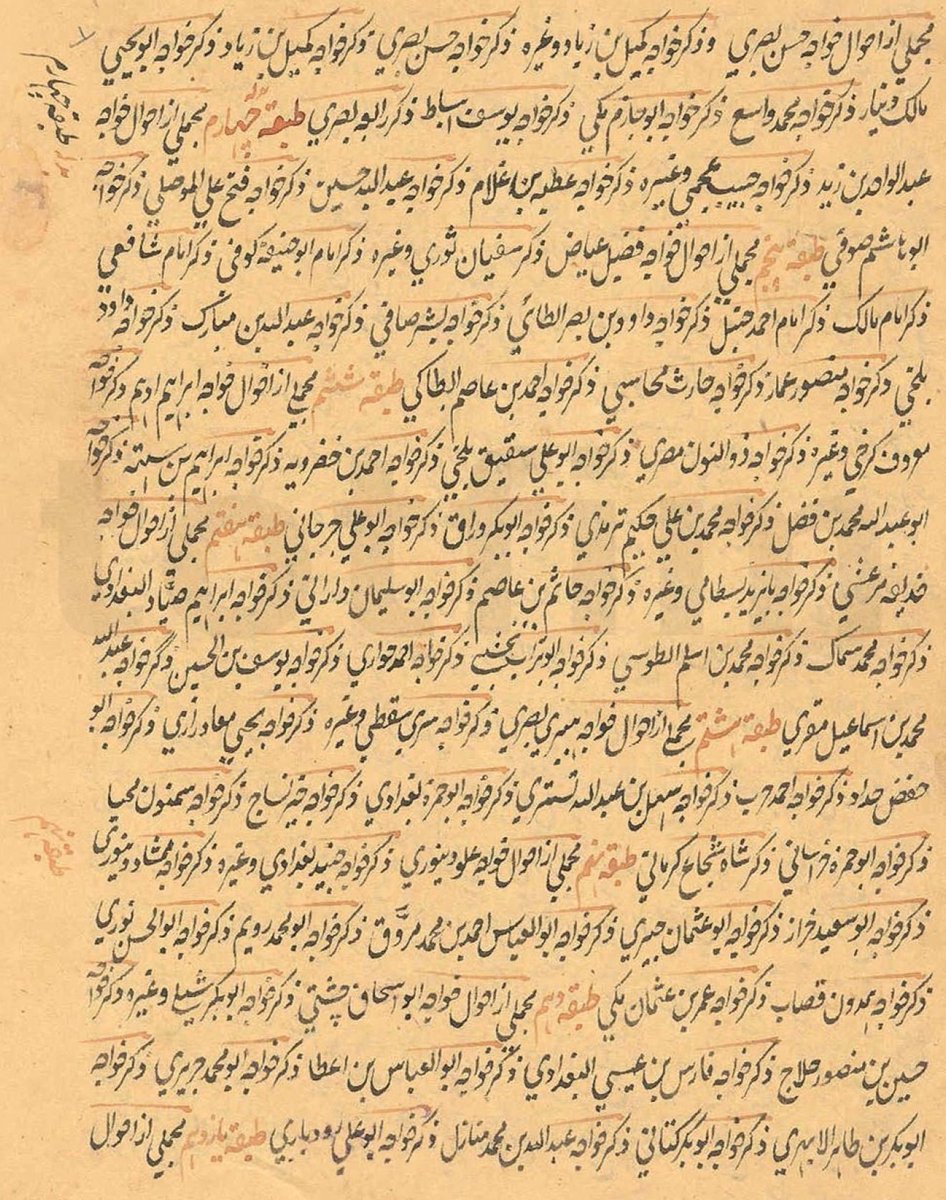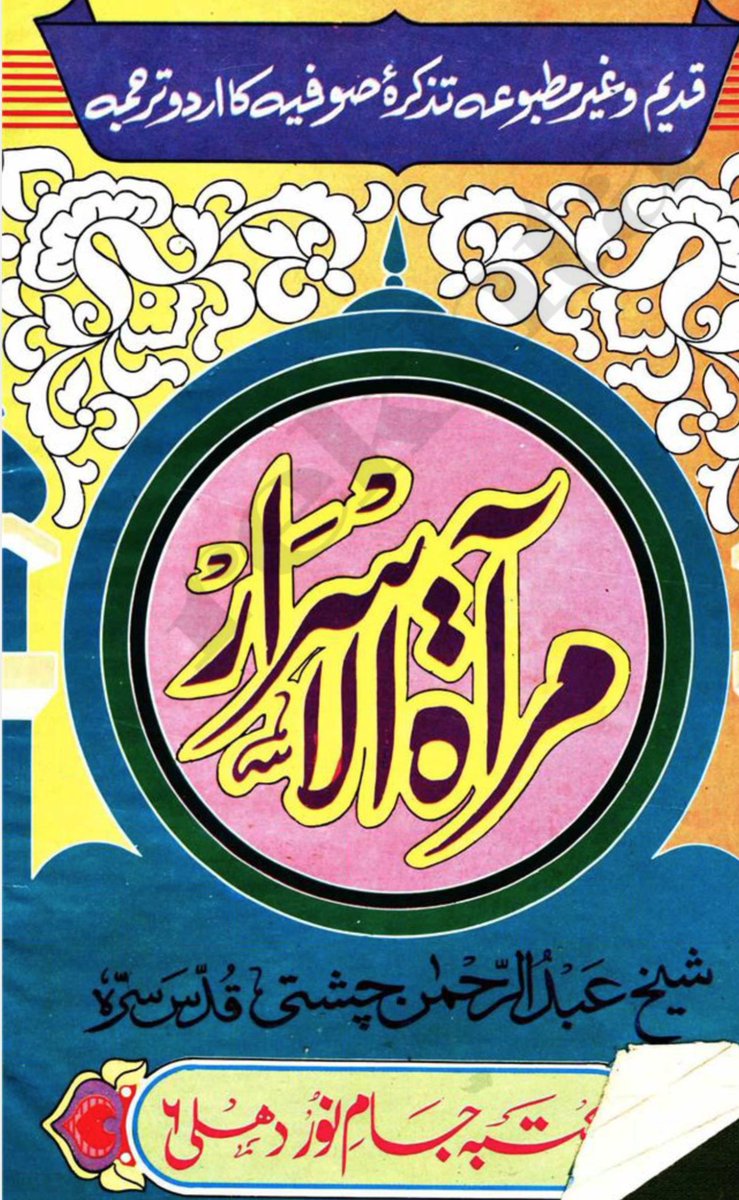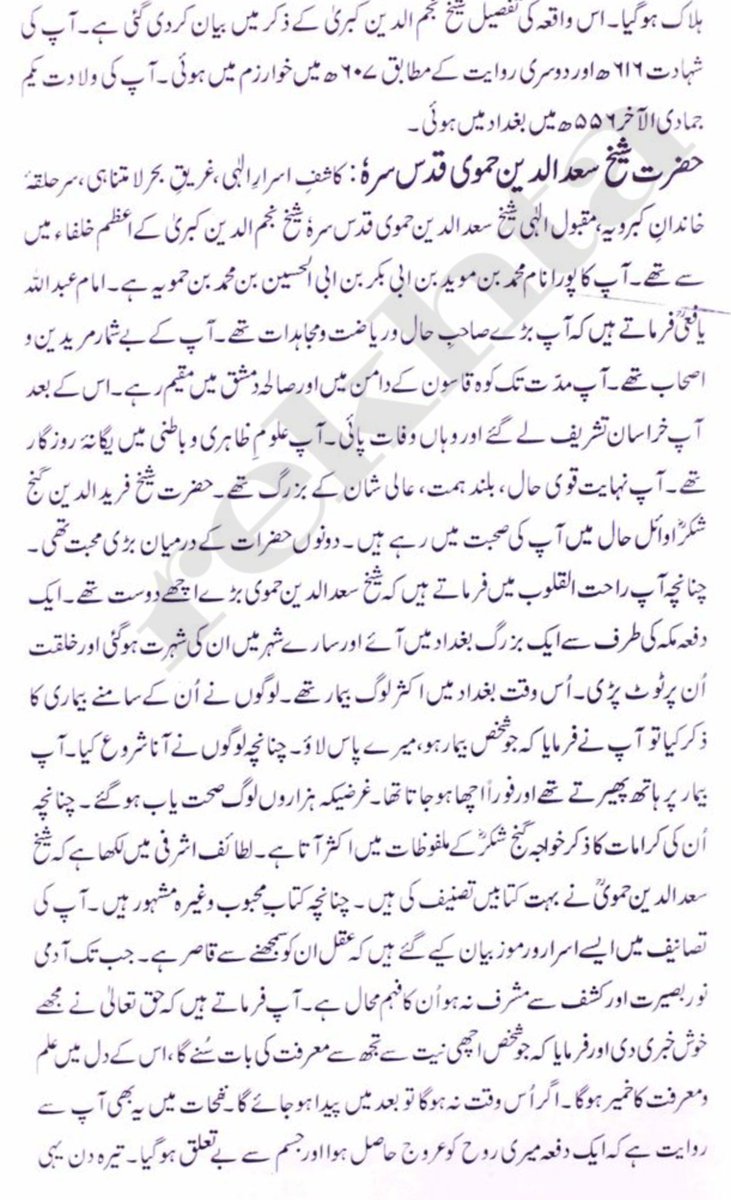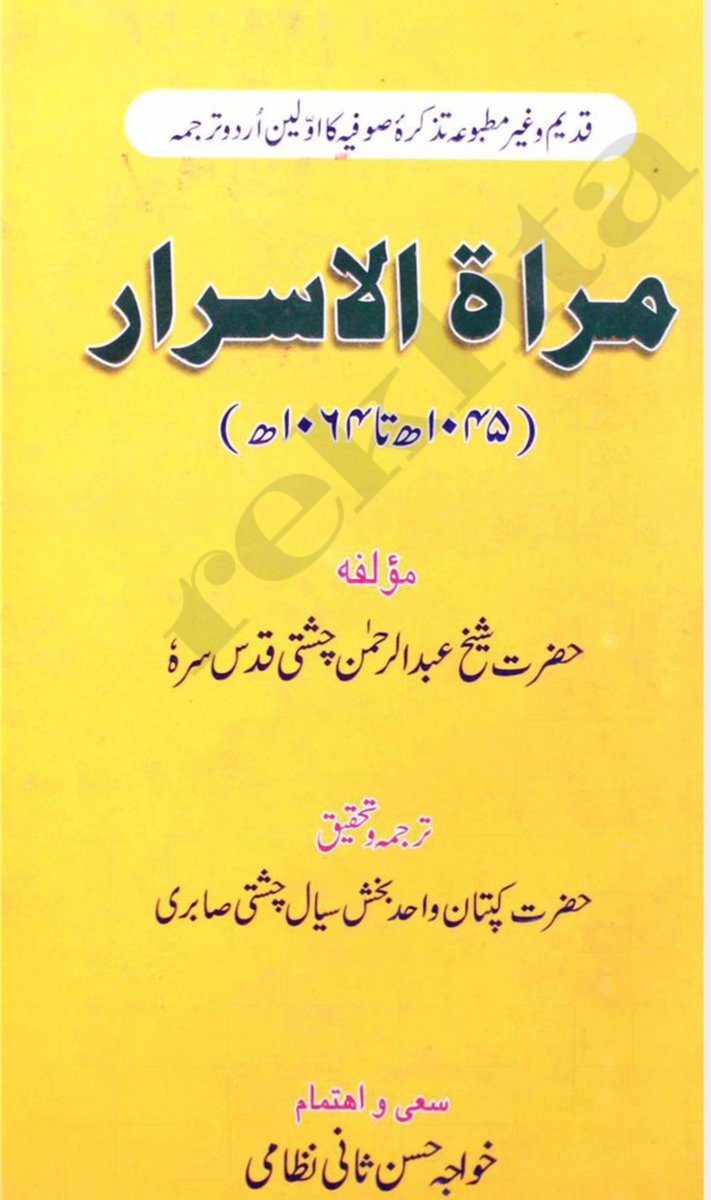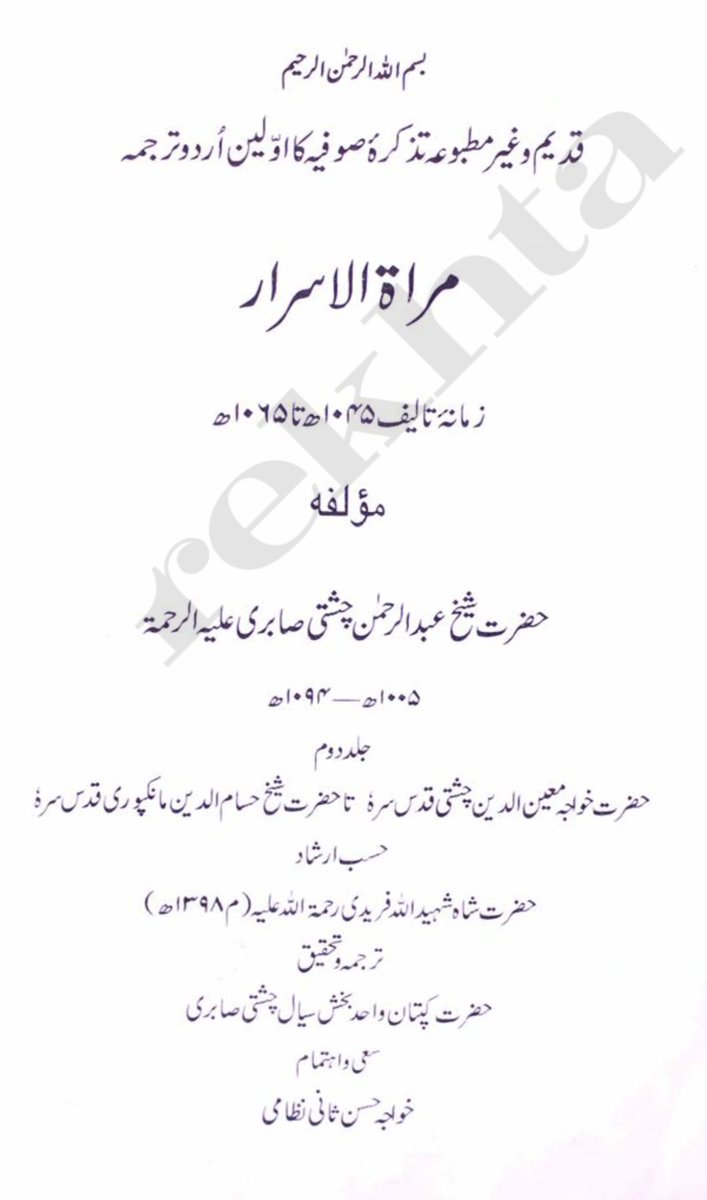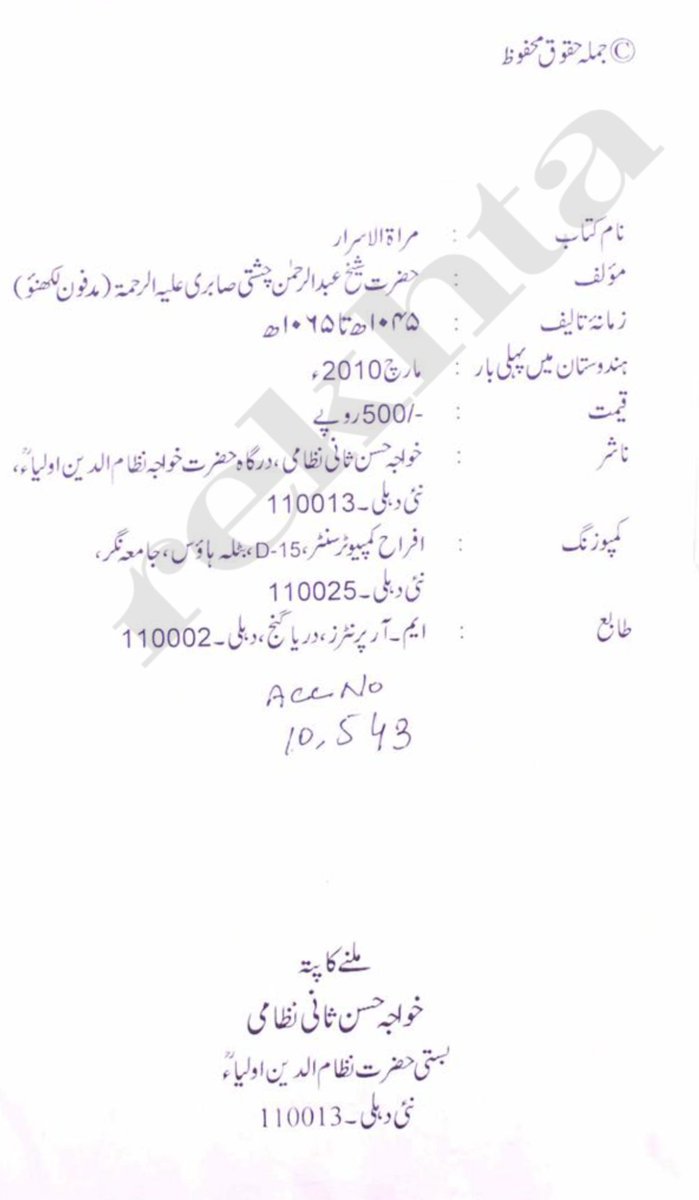The #Mughal period in India is known for a court sponsored programme of translation from #Sanskrit and attempts to translate Indic metaphysics into the idiom of #Sufism and #Persianate #IslamicPhilosophy #PersoIndica 1/
We already have a number of important studies but first we should mention the highly important Perso-Indica project based in Paris and Bonn http://www.perso-indica.net
This is a great resource 2/
This is a great resource 2/
Then, of course, there is @AudreyTruschke work that is in many ways seminal in the turn to the Sanskrit sources to make sense of the intellectual and cultural history 3/
Her new (imminent) book extends this work http://cup.columbia.edu/book/the-language-of-history/9780231197052 3a/
We also recently had Shankar Nair's book that for the first time considers Arabic Persian and Sanskrit intellectuals together and ways of encounter not least focused on the Laghu-yoga-Vāsiṣtha texts and translations https://www.ucpress.edu/book/9780520345683/translating-wisdom 4/
Check out Shankar's paper on this project within the context of the #ExeterHabibSeminars on #IslamAfterColonialism 4a/
And then there is Supriya Gandhi's book on Dara Shukoh that engages with his interest in Indic thought https://www.hup.harvard.edu/catalog.php?isbn=9780674987296 5/
Check out my convo with her on her book here 5a/
At the same time as court productions and transmissions were emerging, major Sufis and intellectuals also contributed such as ʿAbd al-Raḥmān b. ʿAbd al-Rasūl Chishtī (d. 1683) on whom I present a few ideas 6/
While we know many of the translations from Sanskrit into Persian were based on conversations between pandits (and sometimes Jains) at court with Persian knowing munshīs and scholars usually mediated by a vernacular, some claimed to know both languages 7/
ʿAbd al-Raḥmān Chishtī is precisely one such figure for whom it is claimed he knew Arabic, Persian and Sanskrit 8/
He was also loosely associated with Dara Shikoh's circle through his friend and major Chishtī figure Muḥibbullāh Ilāhābādī (1587-1648) 9/
Chishtī wrote a number of important texts the first of which is 1631 was Mirʾāt al-makhlūqāt, an account of creation and cosmogony that purports to being a translation or adaptation of a Sanskrit text, perhaps from the Bhavisyottarapurana corpus 10/
as Muzaffar Alam suggests https://journals.sagepub.com/doi/abs/10.1177/001946461204900201 10a/
Another important text is the Mirʾāt al-ḥaqāʾiq, which is loosely based on the Bhagavad Gīta and was the focus of Roderic Vassie's 1988 SOAS PhD https://www.worldcat.org/title/persian-interpretations-of-the-bhagavadgita-in-the-mughal-period-with-special-reference-to-the-sufi-version-of-abd-al-rahman-chishti/oclc/940324270?referer=di&ht=edition 11/
Like many others in the period he also write a set of biographies of his order and his conception of his lineage - this was Mirʾāt al-asrār - here is the beginning of the Ganjbakhsh ms as well as some of the translations into Urdu 12/
Some themes emerge in Chishtī's Sufi appropriation of Indic themes and myths (that one also finds in the poetry of Bēdil around the same time): 1) the focus on the monism of the Yoga-Vedanta schools and their convergence with the Ibn ʿArabī and the idea of the unity of being 13/
1a) on this, his work is similar to the Shāriq al-maʿrifat of Fayżī and Dara Shikoh's Majmaʿ al-baḥrayn and his Sirr-e Akbar 13a/
2) The de-naturalisation of Hindu avatars and deities and transforming them into saints or merely manifestation or emanations - one sees the same process in the earlier Greek into Arabic translation movement 14/
3) citing of real or imagined Indic sources such as the sage Vasiṣṭha in the Mirʾāt al-makhlūqāt and the intersection of Vedic and Puranic sacred history with the Islamic 15/
4) A historical imaginary in which Hinduism and Islam become rival and intersecting traditions that reflect origins in the singularity of truth and the Real 16/
The real problem is that encounter with Indic ideas - which was not free of polemics and appropriation as we see in Chishtī's work - has broadly been forgotten in a postcolonial 'nation-states' of #SouthAsia 17/
While Mirʾāt al-asrār was recently published, it would be perhaps too much to expect the other two works to emerge 15/
As it is, they are attested in rare manuscripts such as British Library Or. 1883 (which includes both Mirʾāt al-ḥaqāʾiq and Mirʾāt al-makhlūqāt 16/
Despite talk in some circles of composite culture, Indus civilisation and such - concepts that are not free from their own problems - it seems that elements of the #Sufi past of #SouthAsia remain neglected 17/

 Read on Twitter
Read on Twitter